#henri iv
Explore tagged Tumblr posts
Text
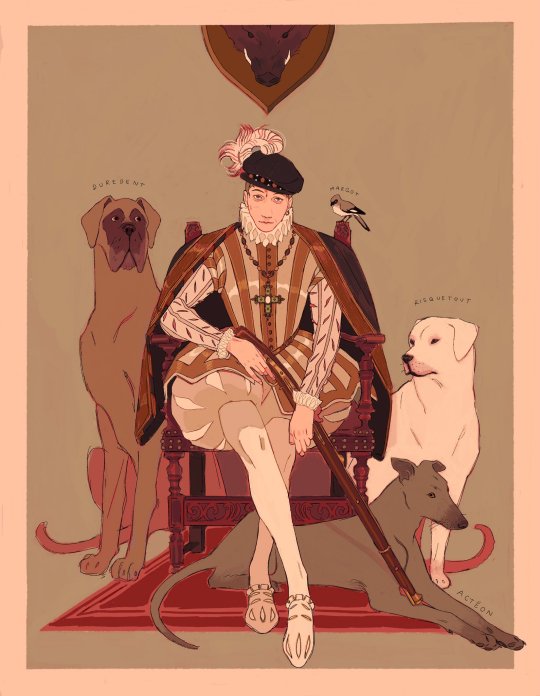
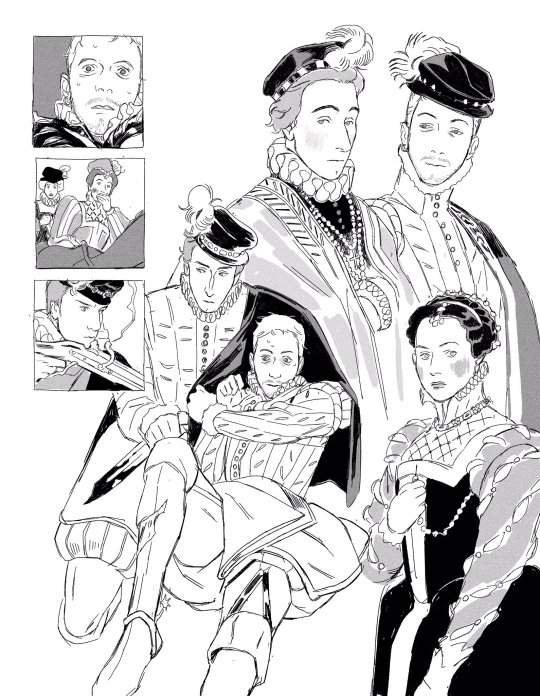
La Reine Margot - Charles IX, Henri de Navarre, and Marguerite de Valois
I.III - Un roi poète
I.XXXI - La Chasse à Courre
II.IV - La Nuit des Rois
#La Reine Margot#Alexandre Dumas#Charles IX#Henri de Navarre#Henri IV#Marguerite de Navarre#new obsession just dropped welcome to the era#Charles is callous and sickly and pathetic so naturally he's a blorbo#he can excuse religious war crimes but he draws the line at his sexy cool protestant brother in law ♥️#i havent even designed the main gays of this book...it has so much to offer#16th century#my art
4K notes
·
View notes
Text

Scene from the St Bartholomew's Day massacre: Margaret of Valois protects her husband, the future King Henry IV by Alexandre-Évariste Fragonard
#alexandre évariste fragonard#art#saint bartholomew's day massacre#st bartholomew's day massacre#margaret of valois#henry iv#henry of navarre#henri iv#henri de navarre#marguerite de valois#french#france#french wars of religion#paris#catholic#protestant#huguenot#huguenots#christianity#christian#catholics#protestants#catholicism#protestantism#history#europe#european#religion#chamber#bedroom
99 notes
·
View notes
Text

Stefan Eggeler (1894–1969) - "Henri IV"
illustration from Hanns Heinz Ewers' 'Die Herzen der Könige', 1922
#stefan eggeler#henri iv#die herzen der könige#the hearts of the kings#horror art#dark art#macabre#social critique#satire#art#illustration#etching
40 notes
·
View notes
Text

Marguerite de Valois hides Julien de Leris, her lover, in a safe. Her husband, King Henry IV of France, observes the scene with fun. Engraving from 1871 in 'Histoire Des Cocuses Celebres' by Henry de Kock.
#royaume de france#maison de valois#maison de bourbon#alexandre dumas#la reine marot#marguerite de valois#reine de france#reine de navarre#vive la reine#henri iv#roi de france#roi de france et de navarre#vive le roi#henry de kock#kingdom of france#house of valois#house of bourbon#engraving#royalty#engravings#art
14 notes
·
View notes
Text

Statue équestre d’Henri IV, place du Pont-Neuf, Paris 1er, depuis le quai de Conti, Paris 6e – pierre noire sur bristol, carnet nº 106, 2015.
En 4ème de couverture du livre Le Jour (Alain Beaulet éditeur, 2016).
Collection Pacôme Thiellement.
#2015#henri iv#statue#sculpture#sculpture equestre#pont neuf#place du pont neuf#paris#1er#mascarons#germain pilon#passants#touristes#pierre noire#carnet 106#le jour
17 notes
·
View notes
Text

Henry IV and Marie de Médicis. By Wladyslaw Bakalowicz.
#Wladyslaw Bakalowicz#art#royaume de france#henri IV#roi de france#roi de france et de navarre#henri iii#roi de navarre#vive le roi#marie de médicis#reine de france#vive la reine#maison de bourbon#régente de france#reine de france et de navarre#casata dei Medici#medici#italian aristocracy#regno d'italia#kingdom of france#house of bourbon#vert galant
4 notes
·
View notes
Text

Statue équestre de Henri IV…
#photography#original photography#original photography on tumblr#parisfrance#henri IV#pont neuf#la samaritaine
34 notes
·
View notes
Text
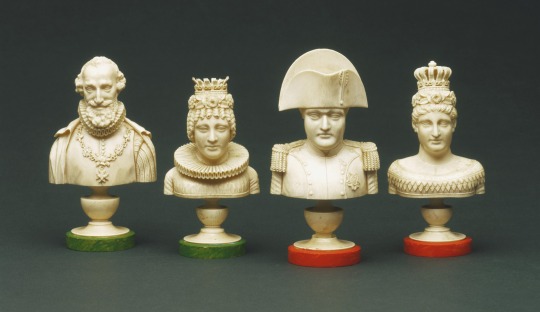
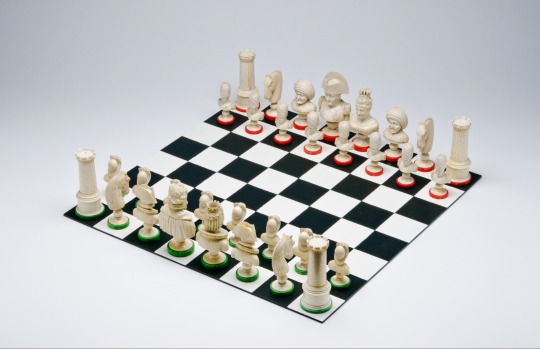
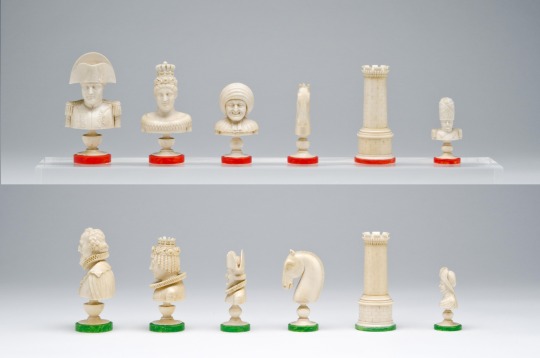
“Napoleon and Henri IV” Chess Pieces
Early 19th century
Artist/maker unknown, French
In the early nineteenth century French emperor Napoléon Bonaparte (1769–1821) was a popular subject for chess sets, appearing opposite a variety of historical figures. Here, the king and queen are represented on one side by Napoléon (in his familiar tricorne) and his wife Joséphine, and on the opposing side by the earlier French ruler King Henri IV (1553–1610) and his wife Marie de’ Medici. As is often the case in French sets, the bishop is replaced by a jester.
(Philadelphia Museum of Art)
#Napoleon#napoleon bonaparte#Henri IV#chess#chess pieces#napoleonic era#napoleonic#19th century#1800s#games#first french empire#french empire#history#french revolution#la révolution française#france#art#19th century art
46 notes
·
View notes
Photo

La Mode illustrée, no. 17, 23 avril 1882, Paris. Toilettes de Mme Bréant-Castet, 6 r. Gluck. Collection of the Rijksmuseum, Netherlands
Description de toilettes (Bibliothèque Forney):
Toilette de visite en faille nuance vive de bordeaux et velours épingle rouge. La jupe, plissée perpendiculairement tout autour, est faite en faille. A 10 centimètres de distance du bord inférieur les plis sont arrêtés par une guirlande de feuillage en velours et perles d'or. Paniers et draperie de derrière en velours épinglé rouge. Corsage à pointe en même velours, avec guirlande de feuillage (pareille à celle du bord inférieur) posée sur le côté du corsage. Grand chapeau de paille doublé de faille vive de Bordeaux et garni de fleurs rouges.
Robe en rhadamès bleu-papier (de sucre). La jupe est plissée perpendiculairement à intervalles réguliers. Sur chaque pli une passementerie ajourée à pampilles en saillie. Dernière, draperie très-bouffante. Corsage Henri IV, à pointe, avec bourrelet bouillonné sur son bord inférieur. Au-dessus de ce bourrelet une bande de passementerie. Encolure demi-ouverte, bordée de passementerie. Manches demi-courtes un peu bouffantes, avec longs gants en peau de Suède. Chapeau de paille doublé de velours bleu-papier.
—
Visiting ensemble in a bright shade of burgundy and red hairpin velvet. The skirt, pleated perpendicularly all around, is made of faille. At 10 centimeters distance from the lower edge the folds are stopped by a garland of foliage in velvet and gold beads. Baskets and back drapery in red pinned velvet. Pointed bodice of self-velvet, with wreath of foliage (same as lower edge) set at side of bodice. Large straw hat lined with bright Bordeaux faille and trimmed with red flowers.
Paper-blue (sugar) rhadames dress. The skirt is pleated perpendicularly at regular intervals. On each fold an openwork trimming with projecting pendants. Last, very puffy drapery. Henri IV bodice, pointed, with bubbled padding on its lower edge. Above this bead a band of passementerie. Half-open neckline, lined with trimmings. Half-short, slightly puffy sleeves, with long suede gloves. Straw hat lined with paper-blue velvet.
#La Mode illustrée#19th century#mid 1800s#1880s#1882#periodical#fashion#fashion plate#color#description#rijksmuseum#Forney#dress#toilette#ensemble#visiting#Henri IV#collar#bustle
142 notes
·
View notes
Text
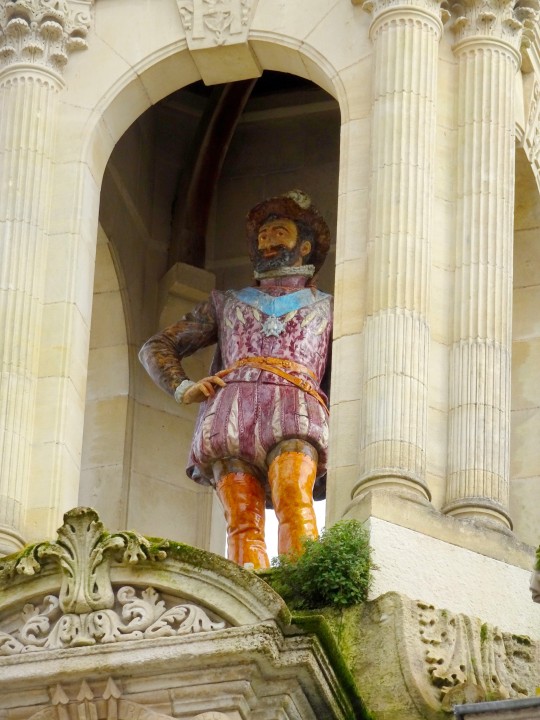

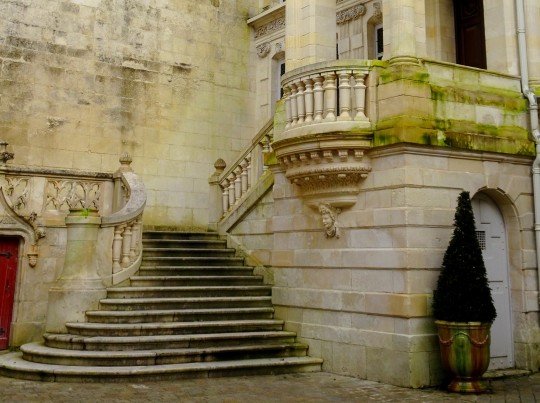

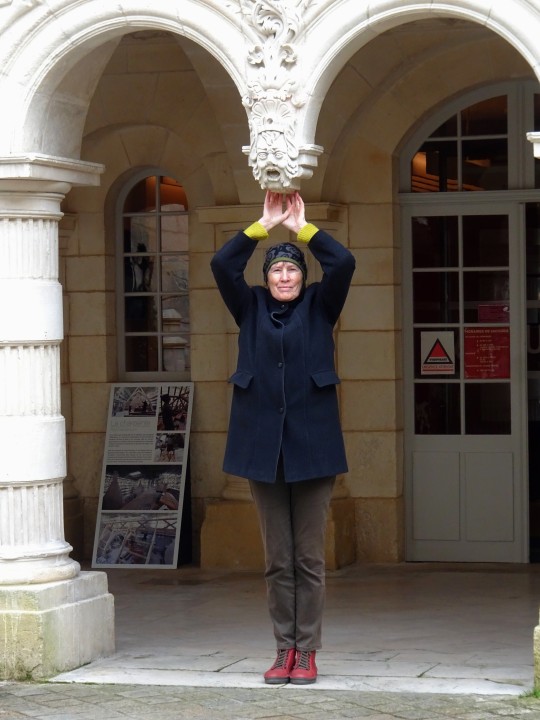
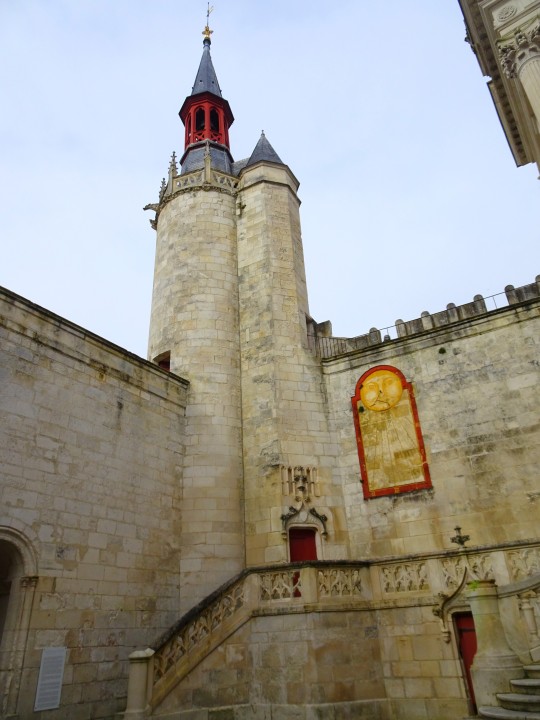
Deuxième étape de mon périple dans l'Ouest pour retrouver des ami(e)s lointain(e)s , Brigitte et Sylviane à La Rochelle.
La Rochelle : le très joli Hôtel de Ville, avec un cadran solaire, la statue colorée de Henri IV...et Sylviane en caryatide.
6 notes
·
View notes
Text
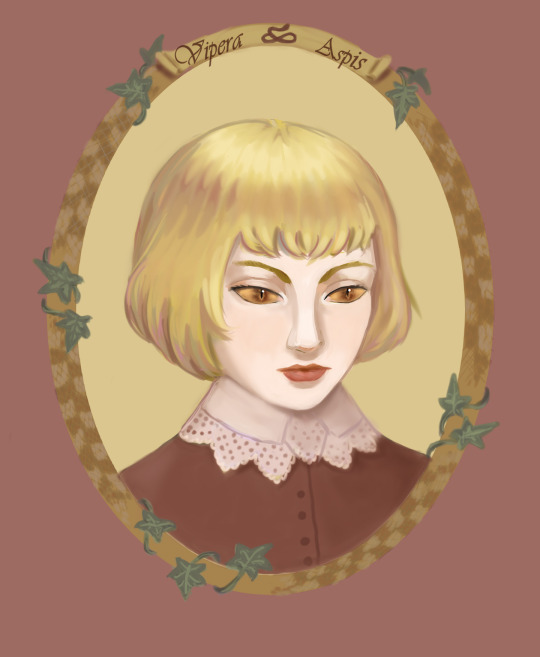
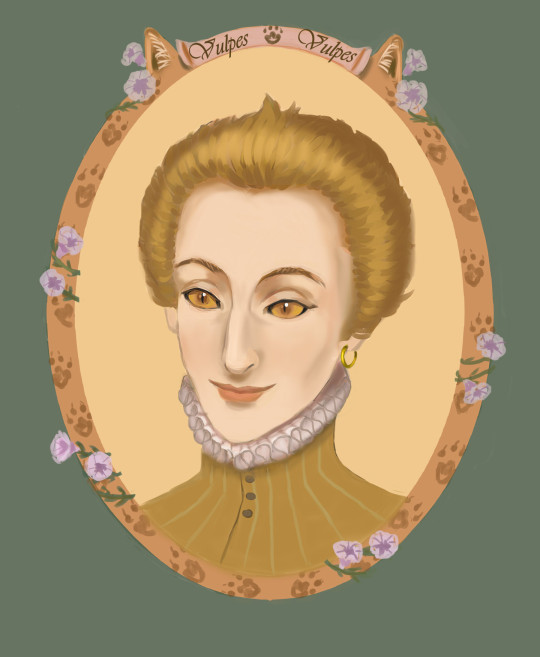
My AU where catholics are vampires and protestants are shapeshifters. Rosny is a viper and Henri is a fox.
#Henri IV#Henri de Navarre#Henry IV of France#Maximilien de Bethune#Baron de Rosny#Duc de Sully#Duke of Sully#16th century#history of France#french history
2 notes
·
View notes
Text
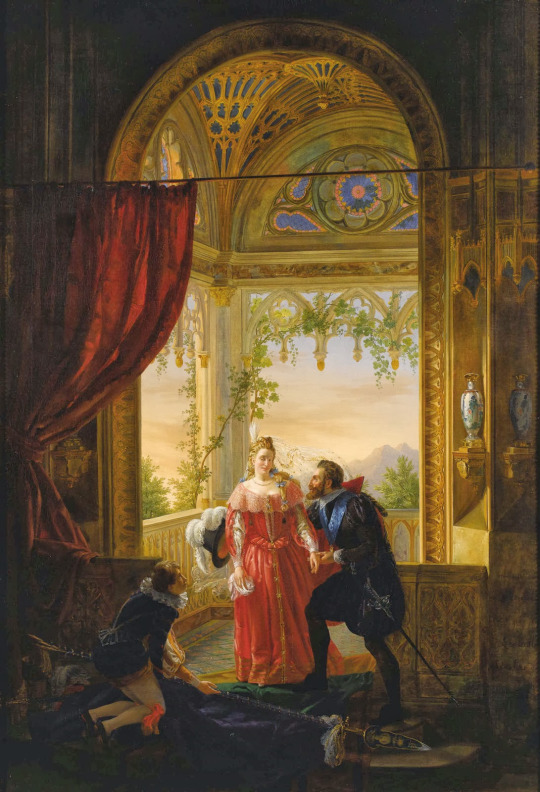
Henri IV with his Mistress by Louis-Nicolas Lemasle
#henri iv#art#louis nicolas lemasle#henry iv#king#france#french#henry of navarre#captured#flags#flag#standard#battle of coutras#troubadour#europe#european#history#diane d'andoins#countess of gramont#comtesse de gramont#architecture#countess de gramount#henry iii#navarre#henri iii#french religious wars#royal#huguenots#huguenot#royalty
75 notes
·
View notes
Text
Barthélemy de Laffemas : L’enfant de Beausemblant, architecte de l’économie moderne de la France
Au XVIᵉ siècle, au cœur du Dauphiné, naît un homme dont la vision économique marquera profondément l’histoire de France, bien que son nom soit aujourd’hui presque effacé des mémoires. Huguenot et issu de la petite noblesse pauvre, Barthélemy de Laffemas (
Un destin hors du commun, forgé entre luttes et visions économiquesAu XVIᵉ siècle, au cœur du Dauphiné, naît un homme dont la vision économique marquera profondément l’histoire de France, bien que son nom soit aujourd’hui presque effacé des mémoires. Huguenot et issu de la petite noblesse pauvre, Barthélemy de Laffemas (1545-1612) commence sa vie comme simple artisan tailleur. Pourtant, il…
0 notes
Text

French Kings and Queens of the 16th and 17th Century. French School.
#royaume de france#french school#charles ix#henri iii#henri iv#roi de france#vive le roi#maison de valois#maison de bourbon#elisabeth d'autriche#louise de lorraine#marie de medicis#reine de france#vive la reine#full length portrait#french kings#kingdom of france#french queens#full-length portrait#royalty#rois et reines de france
5 notes
·
View notes
Text


#le comte de moret#etienne latil#marie de medicis#henri iv#mme de rambouillet#alexandre dumas#auguste maquet
1 note
·
View note
Text
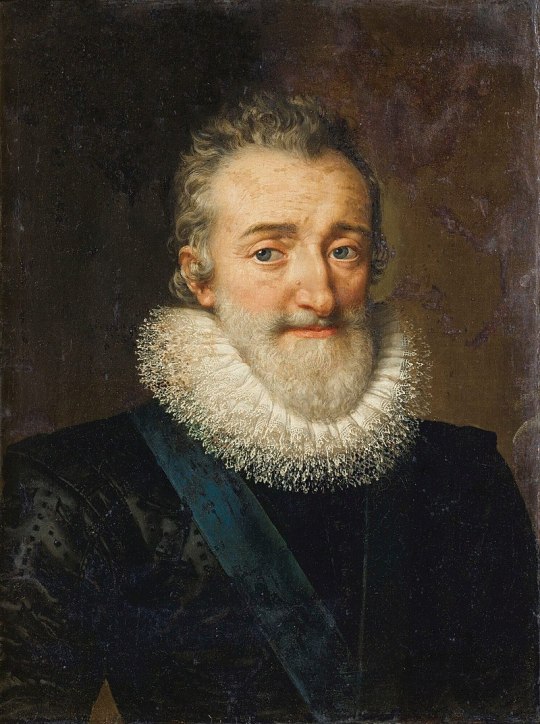
King Henry IV of France. By Frans Pourbus the Younger.
#frans pourbus#frans pourbus the younger#royaume de france#henri iv#roi de france#henri iii#roy de navarre#roi de france et de navarre#vive le roi#maison de bourbon#vert galant#kingdom of france#house of bourbon
30 notes
·
View notes